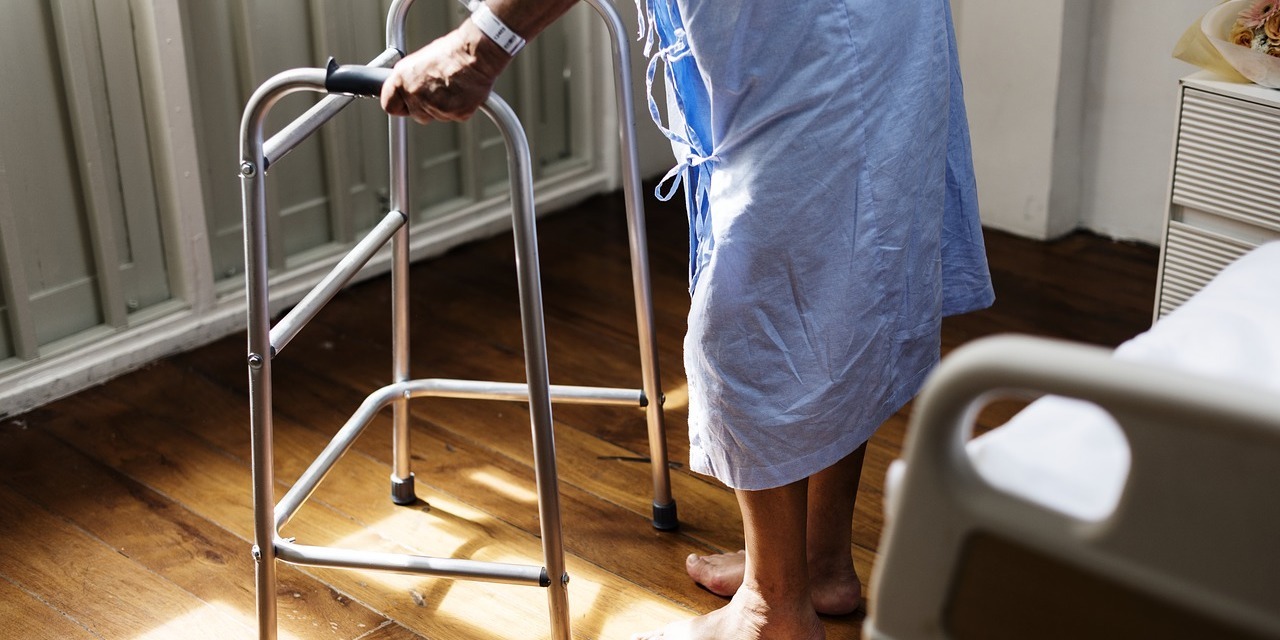LAW SOCIETY EXCELLENCE AWARDS 2019 WINNER!
11 Questions about the Medical Negligence Claims Process

If you suspect you’ve been the victim of medical negligence, you may be owed compensation for your injuries. If this is the case, you’ll need to make a claim, but for anyone unfamiliar with this area of the law, that can be a daunting task.
Over years of helping people pursue their claims, we’ve heard the same questions about the medical negligence claims process time and time again. Below are the answers to some of the most common ones we’ve heard.
1. What is Medical Negligence?

Medical negligence, also known as clinical negligence, is when a medical practitioner provides care that falls well below the standard expected of someone in their position. This, as a result, then causes damage to your health that would not have occurred otherwise.
Medical practitioners have what is known as a ‘duty of care’ to you as a patient. Medical negligence occurs when this duty is breached by the practitioner.
2. Who Does Medical Negligence Apply To?
Medical negligence doesn’t just apply to your local NHS doctor. Any and all health practitioners can be held liable if they have acted negligently in your care.
As such, medical negligence could apply to dentists, cosmetic surgeons, private clinics, and eye clinics. If you’re unsure whether someone is able to commit medical negligence, contact a solicitor for advice.
3. Who Will My Claim Be Against?
One of the most important steps of a medical negligence claim is to correctly identify who is at fault for the failure to provide you with adequate care.
In many cases, it may not be the individual who directly treated you who is liable. For example, if your care was given at an NHS hospital, you would most likely claim against the NHS Trust that manages the hospital, not the medical professional themselves.
Of course, who to claim against depends on the details of your case, but identifying the right person or organisation early is essential to success.
4. How Do I Start a Claim?

If you want to make a claim for medical negligence it’s important you seek the support of a professional solicitor as soon as possible. While you may know what happened, demonstrating the exact details and how they constitute negligence under the law can be a complex process and not one to be taken lightly.
Your solicitor will start by identifying the legal basis for your claim and will be able to set your expectations for how long the claim will likely take to complete, along with a rough idea of how much it may be worth.
5. What Proof Will I Need?
Depending on the extent of your negligence, providing evidence may not be simple.
Your Solicitor will need to obtain copies of your medical records from your GP or hospital. If the negligence has left physical marks, such as bruises, it’s important to document these as soon as possible as photos.
Your solicitor may also need to gather witness statements from those who were present at the time of the negligence, or have information pertaining to it. You should also keep a log of anything you’re unable to do as a result of the negligence and any times where you need additional help, such as when doing housework.
Your Solicitor will usually instruct an independent medical examination to determine the extent of your injuries.
6. Do I Need a Medical Expert as a Witness?
As part of the evidence gathering for your claim, your solicitor will seek a report from a medical expert to demonstrate the severity of the damaged caused by the negligence. This will help demonstrate not only the short-term damage you suffered but also how the negligence will impact you in the future, such as limiting your ability to work.
An expert may also be used to comment on any medical practices and process that were used and contributed to the failure in your care.
7. How Long Will My Claim Take?

It’s impossible to give an accurate answer as to how long your claim will take without knowing the details of your case, but you should be prepared for it to take months rather than days.
This is for the simple reason that time has to be given to the person or organisation liable to investigate your case and either admit or deny fault.
From there, your solicitor will either have to gather more evidence to further your claim or negotiate your settlement on your behalf. In the event that a settlement cannot be reached and the claim has to go to court, the time it takes can increase drastically.
The length of time your claim takes is one of the topics you should discuss in the initial consultation when selecting a solicitor.
8. Will I Have to Go to Trial?
One of the most daunting elements of a medical negligence claim is the prospect that you may have to go to court. While this is always a possibility, you and your solicitor should always see it as a last resort.
In practice, the majority of medical negligence claims are settled outside of court and your solicitor should take all steps to negotiate a settlement as quickly as possible. Avoiding court proceedings should drastically reduce the time it takes to resolve your claim and keep costs to a minimum.
9. How Long Do I Have to Claim?
If you suspect you have a claim for medical negligence it is important you move quickly, as you are likely to only have three years from the point you become aware of the negligence (usually the point at which it took place) to file your claim with the court.
This may seem like a long time, but it can easily take well over a year to negotiate with the liable party and decide whether you need to take the claim to court, so don’t waste time wondering and speak to a solicitor as soon as possible.
There are circumstances where the court does not impose this time limit, such as if the claimant is under 18 or lacks mental capacity, but for most people, it’s unlikely you’ll get an extension.
10. How Much Will My Claim Cost?

Just as with how long your claim may take, it’s impossible to say how much your claim will cost you without knowing the details of your case.
However, in most medical negligence cases the risk of high costs is negated. This is because many solicitors offer a no-win-no-fee basis, so you won’t pay their costs unless you win compensation.
A solicitor can also help you take out an insurance policy against having to pay the legal costs of the defending party should you lose.
11. What is My Claim Worth?
The only way to find out what your claim is worth is to speak to an experienced medical negligence solicitor.
Get in touch with Nayyars Solicitors to find out if you have a medical negligence claim and what you could be owed.


